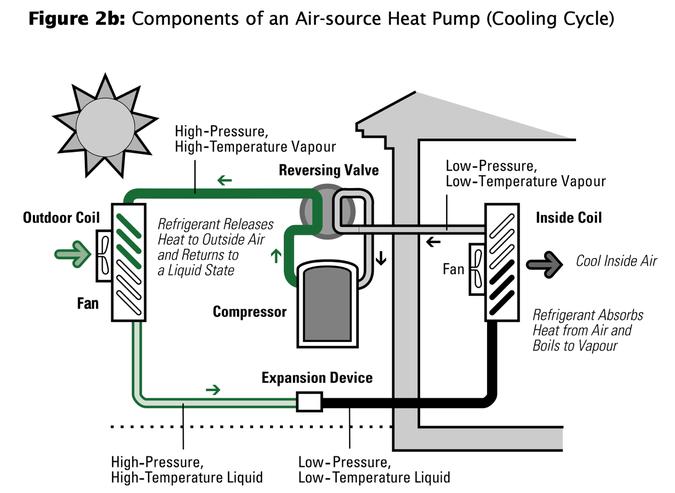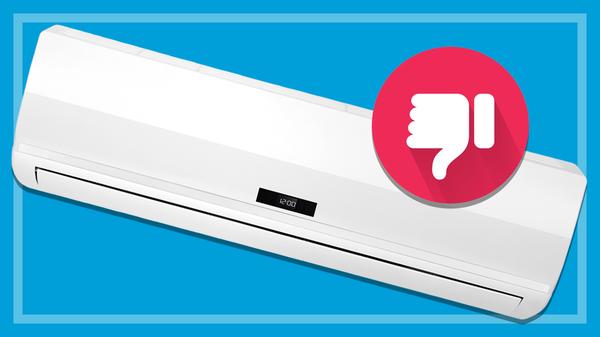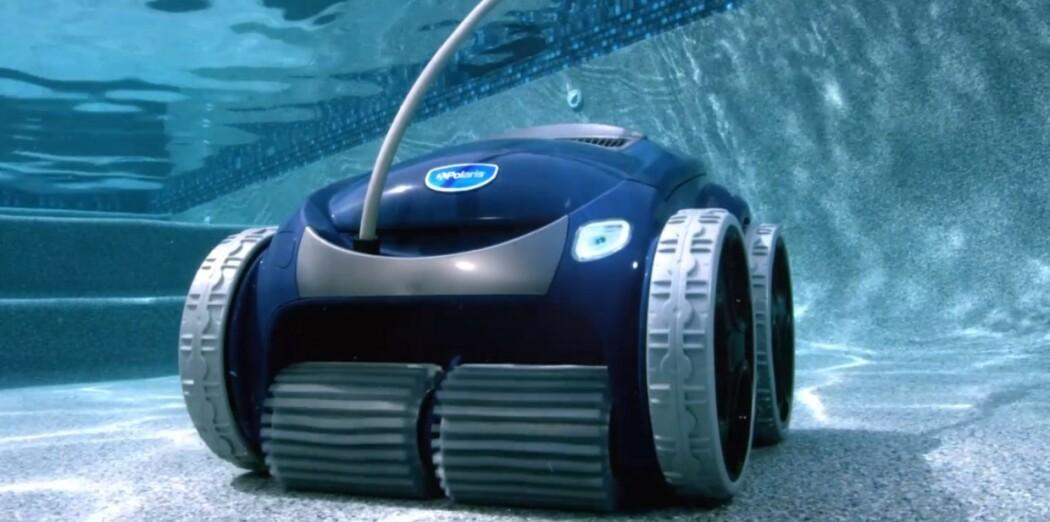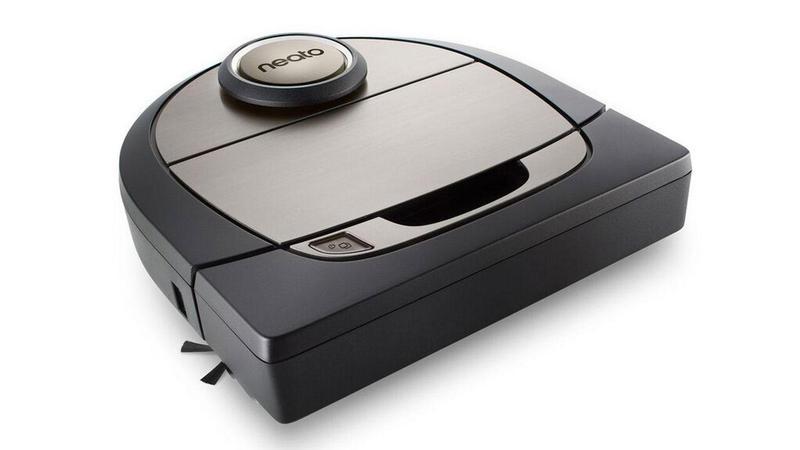Reverse-cycle air conditioners to avoid
Need to know
If you've had enough of being hot in summer and cold in winter, you might be considering splashing out on an air conditioner. But between the big costs, absurdly long model numbers and confusing sizing advice, it can be hard to tell which is the best option for your particular needs.
To help make choosing easier, our air conditioning experts review over 200 models each year, covering all the major brands on the market, including Daikin, Mitsubishi Electric, Fujitsu, LG and more.
In our most recent air conditioning reviews, we encountered some excellent units and some poor performers. Here are the ones to avoid.
Even a good brand can sometimes make some pretty ordinary products
We've focused on small-size air conditioners (up to 4kW) here as they're the most popular type in Australia. If you're after medium and large ones, check out our full reviews. (Just note: it's unfair to compare large against small units – they aren't as energy-efficient, but they can heat or cool a much bigger space.)
Good brands, ordinary products
Interestingly, the same brands that delivered air conditioners with poor heating and cooling efficiency also produced some of our review's top scorers – a result we often see across product reviews.
"The brands in this list aren't bad brands," says CHOICE's air conditioning expert Chris Barnes.

"It just goes to show that even a good brand can sometimes make some pretty ordinary products. In some cases these air conditioners are older models that may be overdue to be phased out or replaced with more efficient lines."
Poor performers when it comes to cooling your home
These are the air conditioners that scored the lowest for cooling efficiency in our review.
Of course, cooling efficiency is just one criteria for a great air conditioner. Our air conditioner reviews also assess heating efficiency, airflow, noise, key features and more.
Poor performers when it comes to heating your home
Reverse-cycle air conditioning is actually a very cost-effective way to heat your home and, surprisingly, it can be cheaper to run than even a gas or electric heater.
If you're dreaming of a toasty warm home for winter, these models might leave you a bit cold. Here are the air conditioners that scored the lowest for heating efficiency in our review, plus their heating efficiency score.
Top tips for before you buy a reverse-cycle air conditioner
Insulate your home
Make sure your home is insulated – particularly the ceiling. This will help keep your home warmer in winter and cooler in summer, with or without air conditioning.
Do your research
Before you buy, check out our expert air conditioner reviews and check the stars on the rating label – the more stars the better.
And make sure the unit is suitable for where you live. A home in Tasmania is going to have different requirements to a home in Perth, so find out how the unit will perform in your region.
A home in Tasmania is going to have different requirements to a home in Perth
"The new zoned star-rating label gives more information about how the air conditioner performs in different parts of Australia and New Zealand, so you can pick a model to suit the region you live in," says Chris.
Buy the right capacity
It's important to find the right size air conditioner for the space you need to heat and cool. Don't be tempted to undersize to save on the upfront cost, or to go for the biggest available unit in the hope that it will work better – they're both false economies.
"As always, try to size the air conditioner's heating and cooling capacity correctly for the room where it will be installed," says Chris. "Models that are too powerful or too underpowered won't run as effectively or efficiently."
Here's how to find the right size air conditioner for your space.
We care about accuracy. See something that's not quite right in this article? Let us know or read more about fact-checking at CHOICEJoin the conversation
To share your thoughts or ask a question, visit the CHOICE Community forum.



